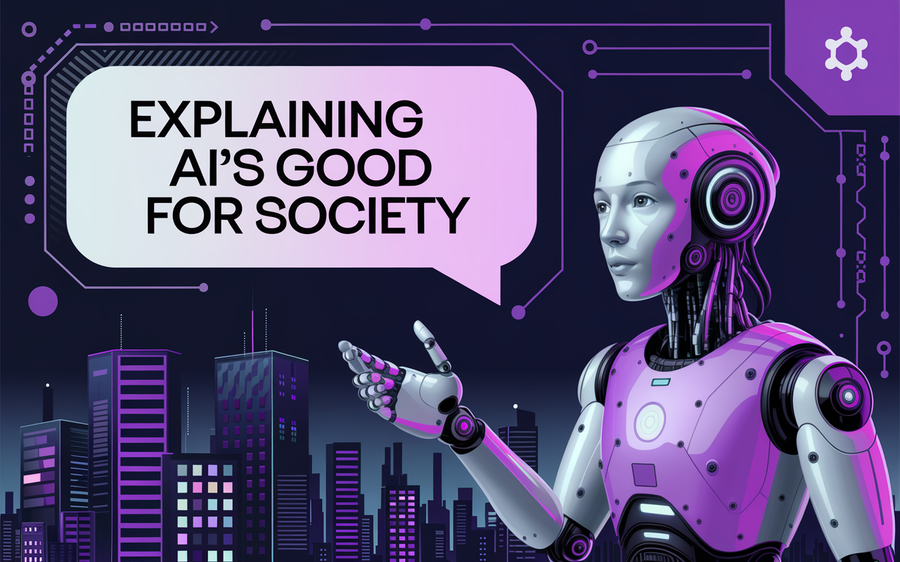
Is Artificial Intelligence Good for Society? An Argumentative Essay
In today’s quickly changing technology landscape, artificial intelligence (AI) is at the vanguard of innovation, influencing sectors and changing how we live, work, and interact. The question of whether artificial intelligence is good for society remains a highly debated topic, as the benefits and challenges of AI continue to unfold.
Proponents argue that AI can revolutionize sectors ranging from healthcare to transportation, offering unprecedented efficiency and solutions to global problems. Critics, however, raise concerns about its potential harms, including the ethical implications of AI, its impact on employment, and the growing threats to privacy and security. This essay seeks to explore both sides of the argument, providing a comprehensive look at how AI affects society, while emphasizing the need for responsible development to ensure its positive contributions.
The Benefits of Artificial Intelligence in Society
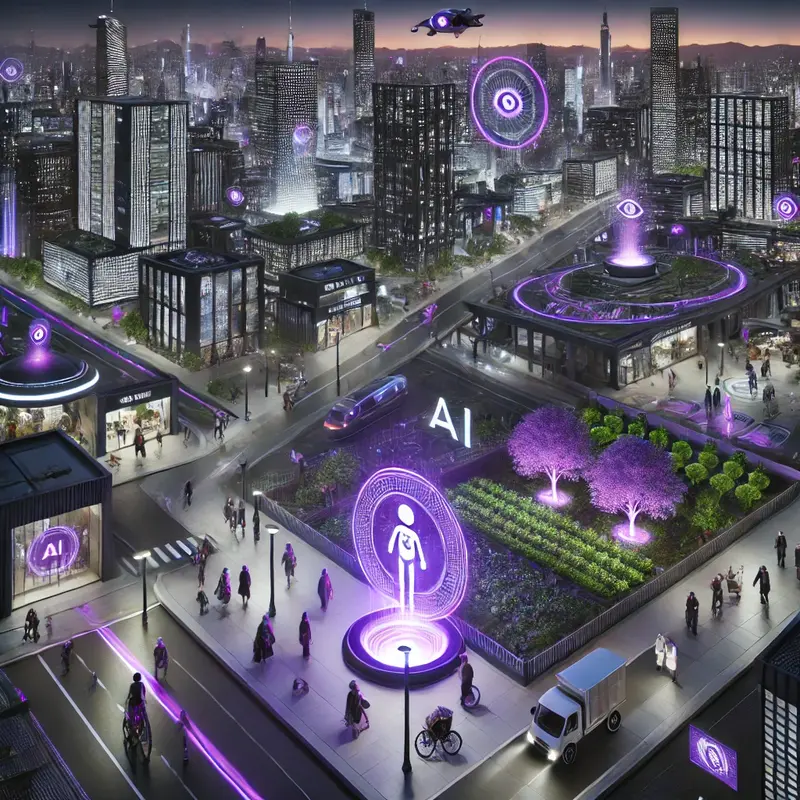
One of the most compelling reasons AI is considered beneficial is its potential to transform industries by enhancing efficiency and productivity. The benefits of artificial intelligence in society are vast and span across various domains. In healthcare, AI algorithms can analyze medical data with remarkable precision, aiding in early diagnosis and personalized treatment plans. AI-powered robots can assist in surgery, offering more accurate and less invasive procedures.
Similarly, in the field of transportation, self-driving cars have the potential to reduce traffic accidents, optimize traffic flow, and decrease fuel consumption, all of which contribute to safer and more sustainable cities.
AI is also making significant strides in addressing global challenges, particularly in sustainability efforts. Machine learning algorithms can optimize energy consumption, predict climate patterns, and enhance the development of renewable energy technologies. In agriculture, AI is helping farmers optimize crop yields and minimize resource use, addressing food security issues that affect millions of people around the world.
Ethical Implications of Artificial Intelligence
Anyway, since AI’s benefits are clear, there are notable ethical considerations to consider. One of the most pressing concerns is the question of bias and fairness in AI decision-making. AI systems are subject to absorbing biases from the data they are trained on since they are data-driven. Discriminatory results may result from this, especially in fields like lending, hiring, and law enforcement. The ethical implications of artificial intelligence are especially concerning in contexts where biased decisions can have life-altering consequences for individuals or groups.
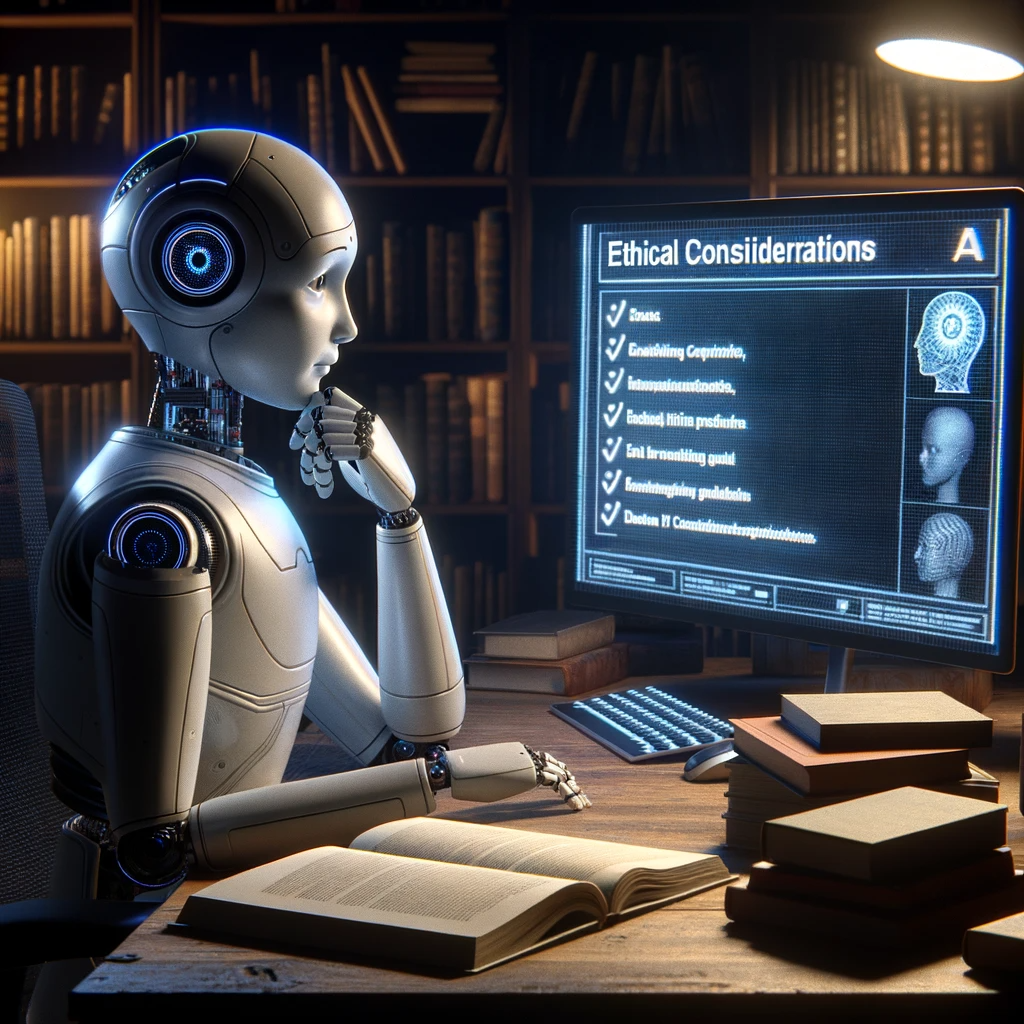
Moreover, there is the issue of accountability. When an AI system makes a decision, who is responsible for that decision? Is it the developer, the company that implemented the technology, or the AI itself? This is a complex legal and ethical question that has yet to be resolved. As AI becomes more autonomous, the need for clear guidelines and regulations governing its use becomes increasingly urgent.
AI’s Impact on Employment and the Economy
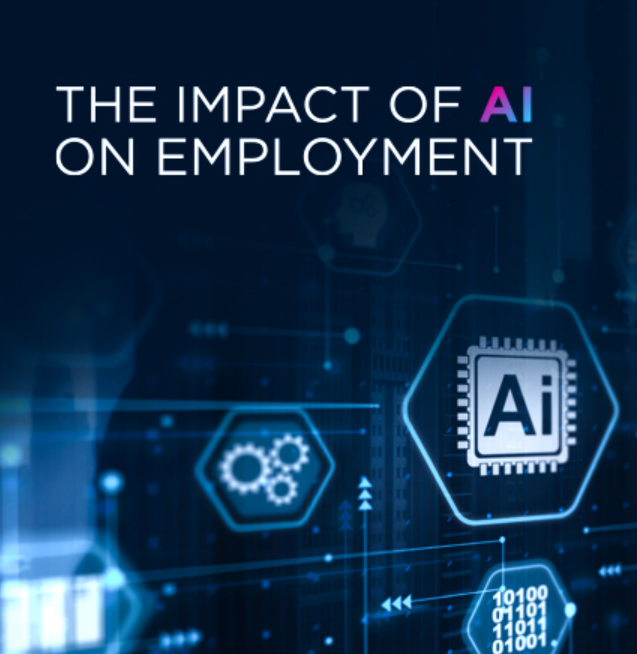
The economic implications of AI are perhaps the most contentious aspect of the debate over its societal impact. Critics argue that AI will lead to widespread job displacement, as machines and algorithms take over tasks traditionally performed by humans. From manufacturing to customer service, many industries are already seeing automation replace human labor. While this increase in efficiency can lower costs and boost productivity, it also raises concerns about job loss and economic inequality.
As AI continues to evolve, its impact on employment and the economy will be profound, creating new opportunities while also rendering certain jobs obsolete.
At the same time, AI has the potential to create entirely new industries and job categories. The development of AI itself requires a highly skilled workforce in fields such as data science, machine learning, and robotics. Moreover, AI’s ability to optimize business processes and create efficiencies could lead to the creation of more high-value jobs, particularly in sectors like healthcare, engineering, and research.
How AI Affects Privacy and Security
As AI becomes more integrated into everyday life, concerns about privacy and security are also mounting. The collection of vast amounts of personal data to train AI systems has led to fears of surveillance and misuse of information. How AI affects privacy and security is an issue that cannot be overlooked.
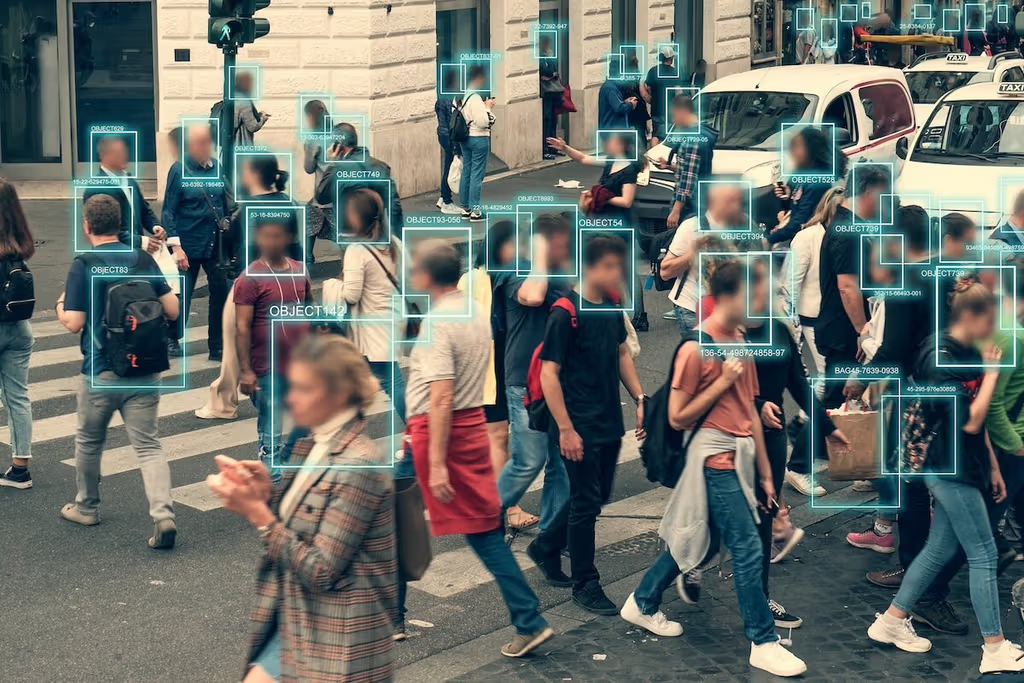
For example, facial recognition technology, while offering security benefits, raises significant privacy concerns, especially when it is used without consent or in ways that could infringe on personal freedoms.
In addition, AI-powered cybersecurity systems are not immune to threats. As AI becomes more adept at identifying vulnerabilities, so too do malicious actors develop new ways to exploit those weaknesses. The development of responsible AI systems must prioritize not only the prevention of security breaches but also the protection of individual privacy.
Social Challenges of Artificial Intelligence
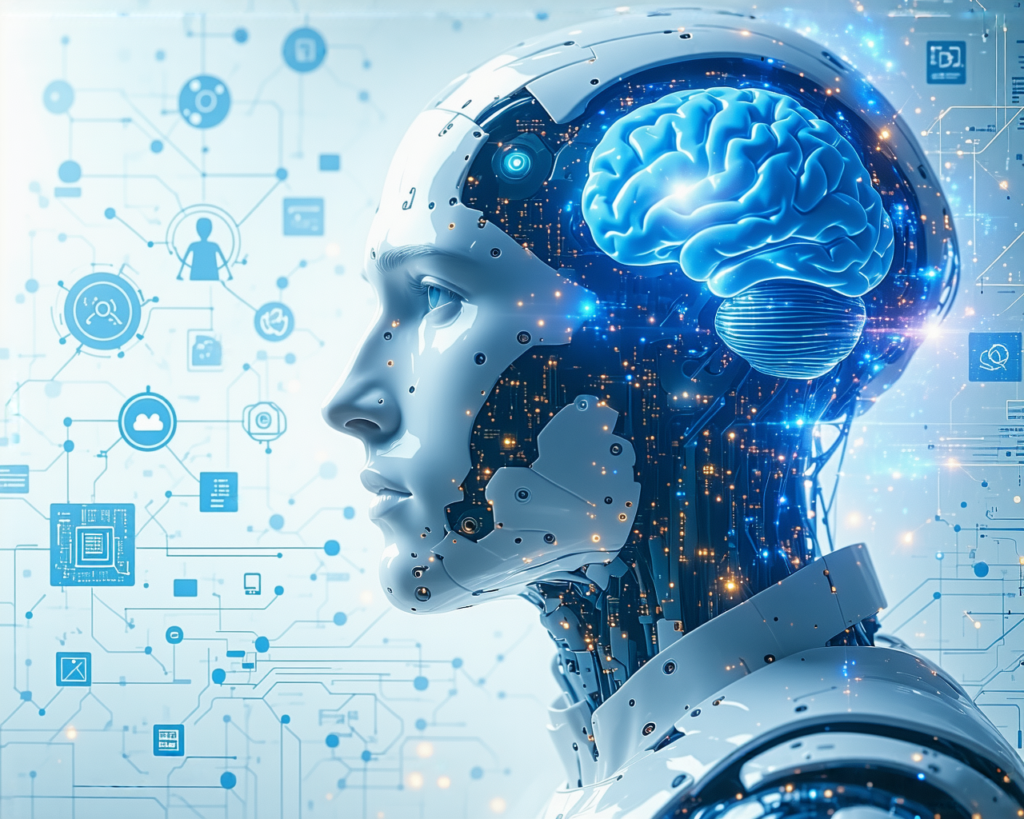
AI also brings with it a host of social challenges, particularly in the areas of inequality and accessibility. While AI has the potential to enhance social good, it can also exacerbate existing divides if its benefits are not distributed equitably. For instance, access to AI-powered technologies is often limited to those with the financial means to afford them, leaving marginalized groups at a disadvantage.
The digital divide between urban and rural areas, or between developed and developing countries, may grow wider as AI technologies become more prevalent.
Additionally, AI’s role in automating decision-making processes in areas such as law enforcement, finance, and healthcare raises concerns about transparency and fairness. As these systems become more complex and opaque, the average person may find it increasingly difficult to understand how decisions that affect their lives are made.
Responsible AI Development for Social Good
Given these challenges, it is clear that the responsible development of AI is crucial to ensuring that it benefits society as a whole. There is a growing recognition of the need for ethical AI development practices that prioritize human welfare, fairness, and transparency. Responsible AI development for social good requires a concerted effort from developers, policymakers, and other stakeholders to create systems that are equitable, transparent, and accountable.

Moreover, there is an increasing focus on the importance of creating AI systems that are aligned with human values and that contribute positively to society. This includes incorporating diverse perspectives into the development process, ensuring that AI technologies are inclusive and do not perpetuate biases or inequalities. It also involves creating robust frameworks for the ethical use of AI, including the establishment of clear regulations and oversight mechanisms to ensure that AI technologies are used responsibly.
The Role of AI in Education and Learning
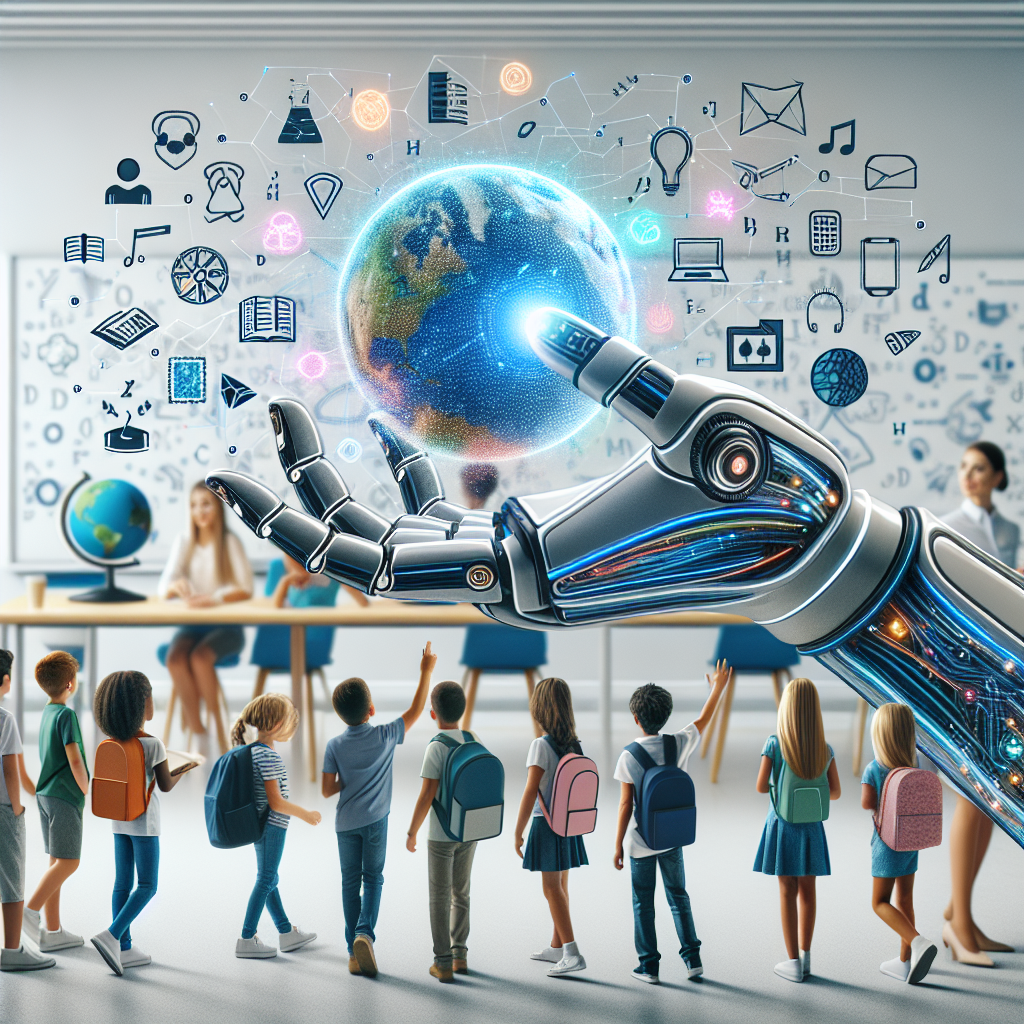
Artificial intelligence has also begun to make significant strides in transforming education. From personalized learning experiences to smarter teaching tools, AI is reshaping the way we educate future generations. One of the most notable benefits of AI in education is its ability to provide personalized learning at scale. AI systems can analyze student performance, identify learning gaps, and tailor content to meet individual needs.
This can be especially beneficial for students with different learning styles or those who may need additional support.
For example, AI-powered tutoring systems can offer one-on-one help to students, guiding them through difficult concepts and providing instant feedback. These systems can also monitor progress, adapting to the learner’s pace and adjusting their approach as needed.
The Global Impact of Artificial Intelligence
AI’s influence extends beyond national borders, with the technology being used to address challenges on a global scale. One of the most compelling examples of this is in the field of public health. AI has been used to track the spread of infectious diseases, predict outbreaks, and model potential interventions. During the COVID-19 pandemic, AI-driven tools were pivotal in analyzing vast amounts of health data to inform decision-making and predict trends.

AI’s potential to address global health disparities is immense. Machine learning models can help identify patterns in health data that may not be immediately obvious to human researchers, leading to more accurate diagnoses and treatments. In resource-limited settings, AI can be used to supplement healthcare infrastructure, providing remote diagnostics and decision support to healthcare providers.
The Intersection of AI and Human Creativity
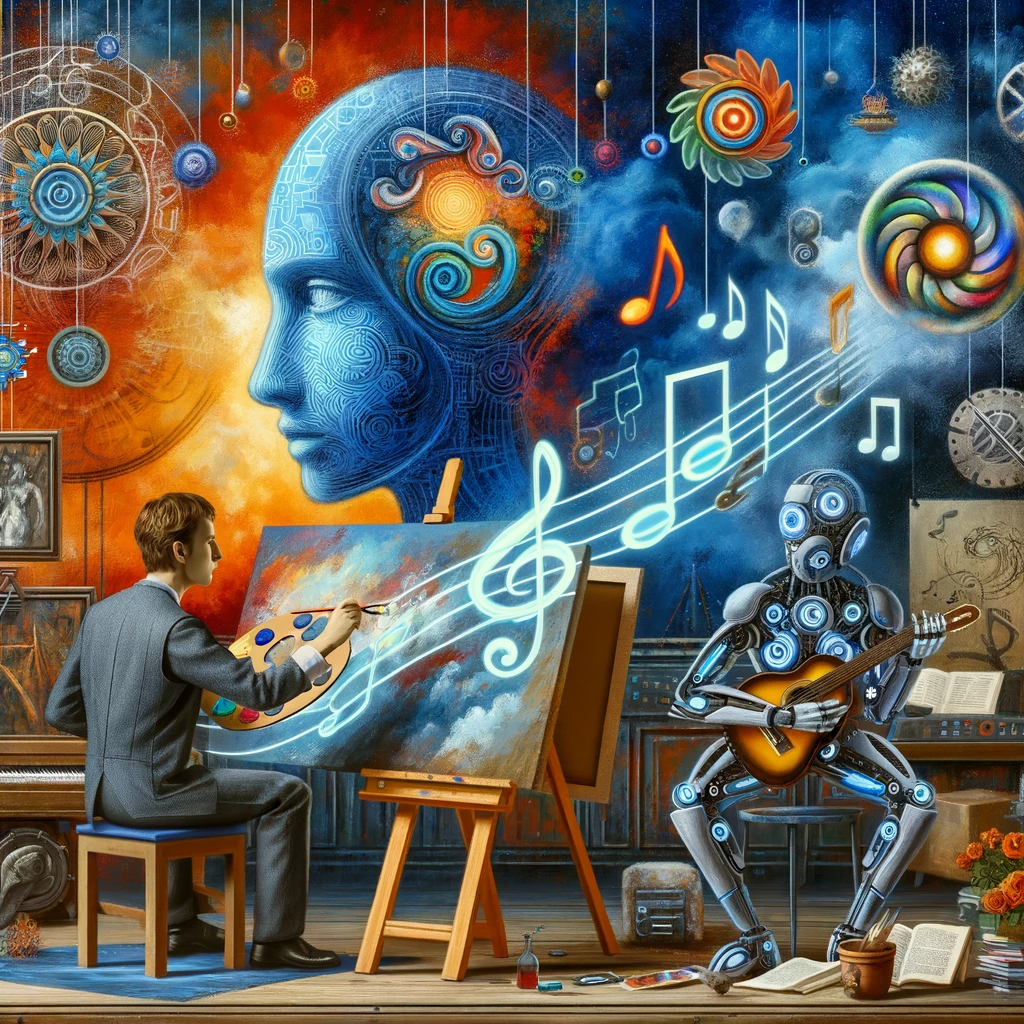
While AI has made tremendous advances in fields like data analysis, automation, and decision-making, its role in creative industries is equally fascinating. AI has begun to challenge traditional notions of creativity, with algorithms generating art, music, literature, and even architectural designs. The rise of AI-generated content has sparked debates about the nature of creativity and the role of machines in artistic expression.
AI-powered tools are being used by artists, designers, and musicians to enhance their work and push the boundaries of creativity. For example, AI algorithms can generate new pieces of music based on existing compositions or create artwork that mimics the style of renowned painters.
AI and its Influence on Consumer Behavior
Another important aspect of AI’s role in society is its influence on consumer behavior. With the rise of AI-driven marketing tools, businesses are able to collect vast amounts of data on consumers’ preferences, behaviors, and purchasing habits. This information is used to create highly personalized marketing strategies that target individuals with tailored ads and recommendations.
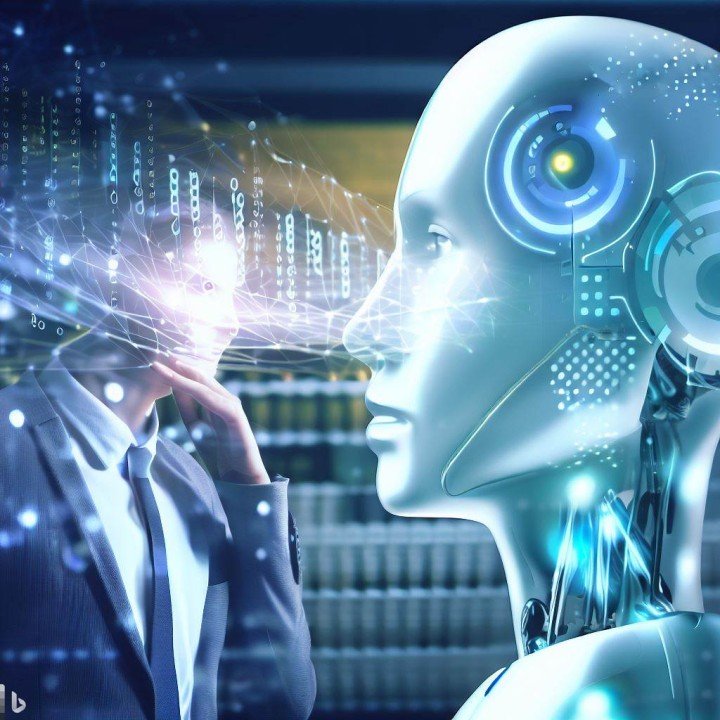
For example, AI algorithms analyze consumer data to predict purchasing patterns, enabling businesses to offer personalized product recommendations on e-commerce platforms. These recommendations, often based on previous browsing and purchase history, are designed to increase conversion rates and improve customer satisfaction.
The Need for Comprehensive AI Regulation
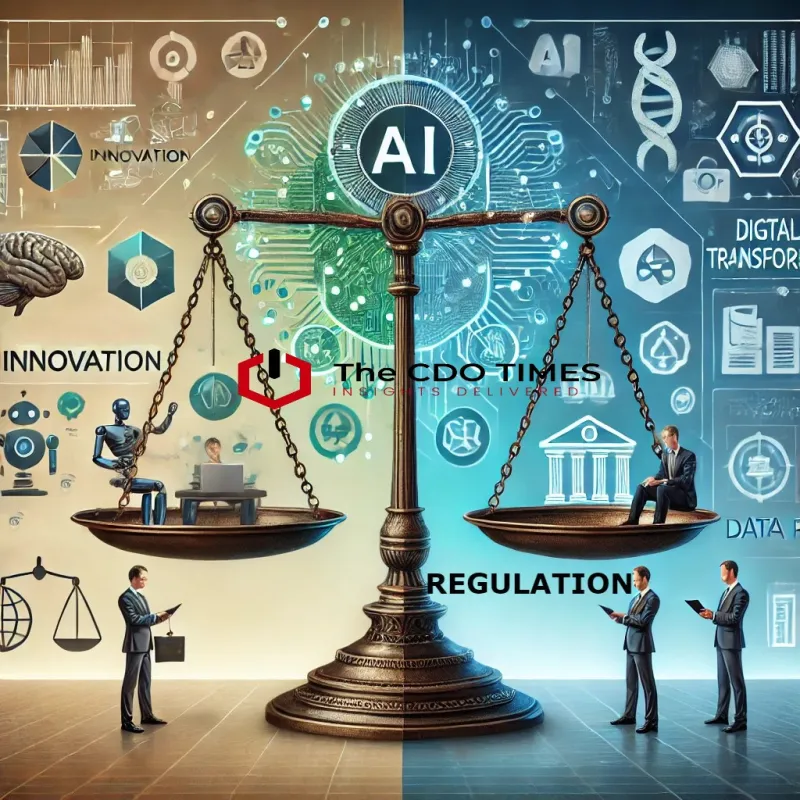
Given the many benefits and challenges associated with AI, it is clear that the technology must be regulated to ensure that it is developed and used responsibly. Without proper oversight, AI has the potential to cause harm in ways that we may not fully understand. To address these concerns, governments and organizations around the world are beginning to implement regulations aimed at ensuring the ethical use of AI.
One of the key areas of regulation is transparency. As AI systems become more complex and integrated into decision-making processes, there is a growing need for transparency in how these systems operate. Consumers and stakeholders must be able to understand how AI algorithms make decisions, particularly when those decisions affect individuals’ lives in significant ways.
Conclusion
In conclusion, the question of whether artificial intelligence is good for society does not have a straightforward answer. While AI offers incredible potential to transform industries, enhance lives, and tackle global issues like climate change and sustainable development, it also brings significant ethical, social, and economic challenges. Navigating this landscape requires responsible AI development, careful consideration of its ethical implications, and ensuring equitable distribution of its benefits.

At Revolute X Digital, we are committed to helping businesses harness the power of AI and advanced marketing strategies to drive growth responsibly and effectively. From AI-powered marketing automation to personalized customer engagement, we offer tailored solutions to meet your needs. Connect with us today to explore how our expertise can position your business for success in the evolving digital world. Together, we can shape a future where AI is a force for positive impact.
